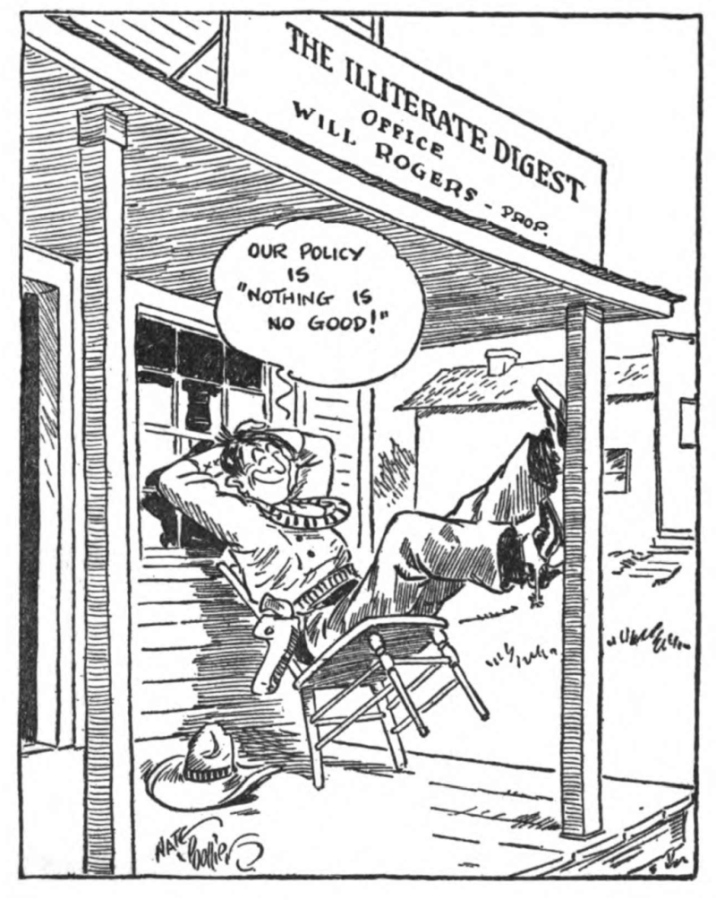Once again, the Nigerian Senate has demonstrated that power, when wielded with impunity, becomes indistinguishable from tyranny. With the recent court ruling invalidating the six-month suspension of Senator Natasha Akpoti-Uduaghan, the upper chamber of our legislature has earned fresh notoriety, not as defenders of democracy, but as architects of abuse, overreach, and constitutional contempt. Justice Binta Nyako’s ruling is damning, clear, and overdue: the suspension was excessive, legally unfounded, and violated the constitutional rights of the senator’s constituents. It adds to a growing body of judicial pronouncements that have repeatedly struck down the National Assembly’s penchant for silencing dissent through punitive suspensions. But rather than course-correct, the Senate, in characteristic arrogance, is doubling down; now considering even tougher disciplinary sanctions in a grotesque attempt to insulate itself from accountability. This is not leadership. It is legislative despotism and an assault on the rule of law, masquerading as order.
How many times must the judiciary remind the Senate that elected lawmakers cannot be arbitrarily gagged or banished from their duties without trampling on the sacred principle of representative democracy? From Ali Ndume in 2017, to Ovie Omo-Agege in 2018, to Abdul Ningi in 2024, and now Akpoti-Uduaghan, the list of unlawful suspensions reads like a tragic playlist of institutional failure. Each case follows the same pattern: a senator dares to speak, questions authority, or exposes rot – and for this democratic offense, they are stripped of voice, function, and dignity. What is even more appalling is that these suspensions are carried out in flagrant disregard of standing judicial orders. In Akpoti-Uduaghan’s case, a court had issued a restraining order on the Senate’s disciplinary proceedings. The Senate ignored it – a willful act of contempt against the judiciary and the rule of law.
The Senate claims to be operating within its Standing Rules and under the Legislative Houses (Powers and Privileges) Act. But no internal rule, however sacred to the cloistered club of Senators, can override the Constitution of the Federal Republic of Nigeria. The courts have said it. The Constitution affirms it. The Senate refuses to learn it. What gives the Senate the audacity to suspend a duly elected lawmaker for months at a time? Whose interests are served when entire constituencies are left without a voice in the chamber? Where does the Senate derive the moral or constitutional authority to punish dissent as if it were treason? In truth, these suspensions have nothing to do with discipline or decorum. They are acts of cowardice dressed in legislative regalia – tools for silencing independent voices, protecting fragile egos, and stifling uncomfortable truths.
The most chilling part is a legislature sliding into civilian dictatorship. These suspensions are not happening under a military junta. They are being enforced by lawmakers who call themselves progressives, yet enact draconian rules that would make a dictator proud. By entertaining a bill to further entrench punitive sanctions – rather than reform its internal excesses – the Senate is not merely ignoring the courts; it is actively laying the groundwork for a constitutional crisis. Let us be clear: there is no version of democratic governance where lawmakers can be suspended without cause, without due process, and without consideration for the people who elected them.
This editorial is a warning and a rebuke. To the Senate President and the principal officers of the National Assembly: you are not monarchs, and your colleagues are not subjects to be exiled at your whim. The court has ruled. The law is clear. And your continued defiance is a stain on the very democracy you swore to protect. Instead of spending taxpayer time drafting unconstitutional amendments, the Senate should begin repealing its authoritarian tendencies and respect the boundaries set by the Constitution and the judiciary. Nigeria is not a fiefdom of cowed lawmakers; it is a democracy of free voices—and no chamber, no matter how gilded, has the right to suffocate them. Let it be known: Suspension is not leadership. Silence is not unity. And tyranny in agbada is still tyranny.





